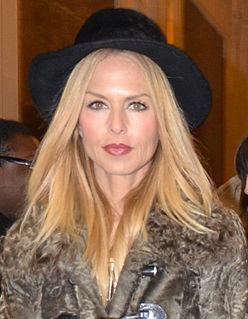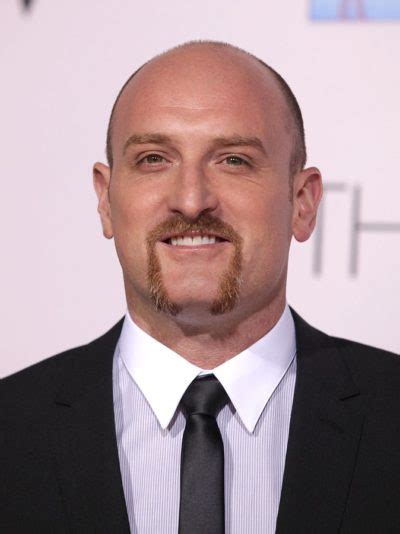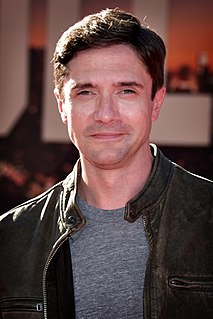A Quote by Ed Helms
As an editor, you're constantly dealing with the best way to convey an exchange between two people. So when I'm shooting, I'm just aware in the back of my head what an editor might want.
Related Quotes
As an editor, you're constantly dealing with the best way to convey an exchange between two people. So when I'm shooting that, I'm just aware in the back of my head what an editor might want. And also, the problems editors run into when trying to edit performances - it helps me head that off at the pass a little.
What makes a good editor is staying the hell out of the way as much as possible. ... If you're a DC or Marvel or Dark Horse or BOOM! editor who's assigning work, then if you did your job properly to begin with, then the people you've hired can be trusted to do what they do without excessive meddling. The ideal situation you're shooting for as an editor is to groom a collaborative creative team to the point where their work sails effortlessly through production and the most you have to do is fix the spelling and the commas.
One of the good things is the relationship between director and editor used to be more contentious. Studios used to leave directors alone more during the post production process and now they're clamoring to get in. So, the director and the editor end up teaming up sort of against the studio to fight what they're doing and you lose the creative tension that you used to have between an editor and a director.
Before I wrote my first novel, 'The Expats,' I spent nearly two decades at various arms of publishing houses such as Random House, Workman, and HarperCollins, mostly as an acquisitions editor. But a more accurate title for that job might be rejection editor: while I acquired maybe a dozen projects per year, I'd reject hundreds upon hundreds.
I think there's a lot of benefit in letting people vent. When I was on the Manchester Evening News, we got 500 letters a day, and part of my job as editor was to edit them. And I thought that was one of the best things in the newspaper, and it was instituted by an editor known as Big Tom, who said 'this is the voice of the people.' And he was quite right.
It is important to have a woman editor. Movie is an industry where it is predominantly women. Male editors might cut out pauses that are interesting, while a woman might not be afraid of that pause. Trying to do a movie with an editor who is not funny is impossible. There are certain talents that go with certain genders.

































